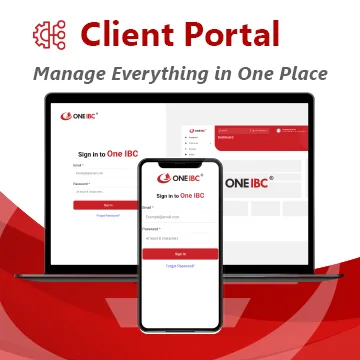6. How to get a name trademarked in the US?
Reserving a name in the US gives restrictive freedoms to involve the name regarding explicit labor and products, keeping others from unapproved use. The cycle includes cautious preparation, examination, and adherence to the US Patent and Brand name Office (USPTO) rules.
Stage 1: Decide Qualification
A brand name should recognize your labor and products. Conventional or excessively unmistakable names are not qualified. For instance, a name like "New Apples" for selling apples may not qualify. The name ought to in a perfect world be special, imaginative, or intriguing, for example, "Apple" for hardware.
Stage 2: Lead a Brand name Search
Prior to documenting, play out a far reaching search utilizing the USPTO's Brand name Electronic Hunt Framework (TESS) to guarantee the name isn't as of now enlisted or being used. Covering brand names can prompt dismissal or legitimate difficulties.
Stage 3: Recognize the Brand name Class
Brand names are sorted into 45 classes in light of the kind of labor and products they address. Recognize the suitable class(es) for your business. For instance, programming falls under Class 9, while apparel is Class 25.
Stage 4: Set up the Application
Accumulate vital subtleties for the application:
- Proprietor's Name: Whether it's an individual or a business element.
- Portrayal of Merchandise/Administrations: Obviously frame how the name will be utilized.
- Verification of Purpose: In the event that the name is now being used, give an example, for example, item marks or site screen captures. In the event that not, document on an "Goal to-Utilize" premise.
Stage 5: Document with the USPTO
Document the application through the Brand name Electronic Application Framework (TEAS). There are different documenting choices with charges beginning from $250 per class. Present the application alongside completely required reports.
Stage 6: Answer Office Activities
The USPTO might give an office activity for extra data or explanation. Answer quickly to keep away from deferrals or dismissal.
Stage 7: Hang tight for Endorsement and Conclude Enlistment
Whenever endorsed, the USPTO distributes the brand name for resistance. Following 30 days, the name is formally enrolled except if challenged.
Drawing in a brand name lawyer guarantees consistence with legitimate prerequisites and smoothens the cycle. Once enrolled, effectively screen and uphold your brand name privileges to safeguard its worth.










































 Processing
Processing